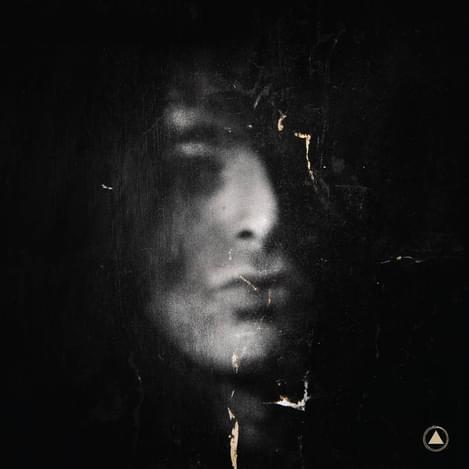Alan Vega's legacy is cemented with Mutator's unnerving and inimitable power
"Mutator"

Without the seminal influence of his proto-punk duo Suicide, the shape of modern alternative music (and in some respects modern popular music) would have looked vastly different.
Whether you are aware of it or not, you’ll have heard Suicide’s direct influence in early electronic music from The Human League to Cabaret Voltaire, and from Gary Numan to Depeche Mode; you’ll have heard the stark, unbridled rawness in the production of Kanye West’s Yeezus; you may have heard the sinister, disorienting eeriness of their first album in psychedelic, noise, goth and indie bands like Spacemen 3, The Jesus and Mary Chain, and even The Horrors. Simply, their influence continues to grow with each passing generation.
Mutator, drawn from Alan Vega’s personal archive, is a collection of tracks produced between 1995 and 1996, recorded with Vega’s longtime collaborator Liz Lamere. By the time of its recording, he had seen numerous albums released under his own name as well as his his band, and Mutator offers an insight into a man with something to prove. As it turns out, the album wasn’t shelved intentionally, but Vega’s relentless work ethic meant that (much like Neil Young) he had moved onto the next project before this one had seen the light of day, and it just sat, gathering dust. Until now.
Jared Artaud of The Vacant Lots, having discovered the raw recordings, set about constructing a finished and final mix of the album for Sacred Bones, and here we have Mutator, in all its gritty splendour.
Across the eight tracks, the thing that makes the biggest impression is Vega’s unhinged vocal performance. The opener, “Trinity”, is a haunting, deeply gothic invocation, and it makes for a powerful opening despite its relative brevity (76 seconds). The second track, “Fist”, is classic Vega – thumping industrial drum machine, gradually increasing tension, disembodied and ominous sneered vocals.
The absolute highlight of the set, “Nike Soldier”, is terrifying, unnerving and immediately distinguishable as being from the mind of Alan Vega. It’s sinister and threatening in a way that his best music is, and it’s clearly evocative of the kind of urban horror Vega immersed himself in for his whole life. While not a polar opposite, a second highlight “Samurai”, leans heavily into more lush textures and atmospheres, like shoegaze from a mirror universe.
Other cuts – the technicolour fantasia of “Breathe”, the industrial sleaze of “Muscles” – are wonderful, and only serve to add to Vega’s legacy as being a God-tier musical agent provocateur. Thankfully, Mutator proves that Vega was capable of moments of excellence, even without his Suicide co-pilot Martin Rev. These are great songs, and wonderful additions to Vega’s ever-expanding back catalogue. Hopefully there are several more of these in the archive, allowing further generations to experience new Alan Vega music for the first time as it’s released, as so many of us missed out on his work the first time around.
Get the Best Fit take on the week in music direct to your inbox every Friday

Tunde Adebimpe
Thee Black Boltz

Julien Baker & TORRES
Send A Prayer My Way

Bon Iver
SABLE, fABLE





